The following post was contributed by Simone XX Instagram: @feminism_for_females
Endometriosis Network compels members to stop using female-gendered speech
Endometriosis affects an estimated 1 in 10 women, or approximately 200 million women worldwide. (1) According to the Journal of Obstetrics and Gynaecology Canada, “endometriosis is a chronic inflammatory disease that predominantly affects women of reproductive age and is characterized by the growth of endometrial-like tissue outside of the uterus. Women with endometriosis experience a range of symptoms, including pelvic pain and cramping during menstruation, non-menstrual pelvic pain, painful intercourse, heavy menstrual bleeding, and chronic fatigue. Subfertility or infertility is also commonly associated with endometriosis. The chronicity and severity of endometriosis-related symptoms considerably affect all aspects of women’s quality of life.” (2)
Most women with endometriosis resort to the internet to learn more about their diagnosis from others who are further along the road of understanding their disease and its treatment options. Peer support groups have sprung up on social media, often providing the only source of comfort and specialized information for women who are desperately trying to cope with this debilitating disease. However, what were once safe spaces to discuss the very intimate details of one’s female anatomy and experiences with endometriosis with other women, have become policed zones of compelled speech.
The Endometriosis Network Canada (ENC), a registered Canadian non-profit organization, has adopted the controversial practice of policing gendered language. Their Facebook group, which boasts over 6000 members, no longer permits addressing the group by feminine terms such as “women, ladies, girls, sisters, or gals”. Admins are quick to correct anyone who posts or comments using these words.
And yet, it’s evidently clear that usage of the word “guys” to address the group goes by without comment from the admins who, in the case of feminine terminology, remind members that this is an inclusive space and we mustn’t use gendered language. Oddly enough, I don’t identify as a “guy” and don’t feel included at all in those conversations. Apparently masculine terms do not count as gendered language.
The group’s administration launched an attack on female-gendered language with this directive published on June 25th, 2020: It’s Time for the Endometriosis Community to Drop Gendered Language. It was preceded by an earlier version that came out on March 8, 2020, and this narrative has been pushed from as far back as 2014. Despite a resounding cacophony of “NO!” in response to this announcement on Twitter in June 2020, over 100 women’s objections fell on deaf ears.
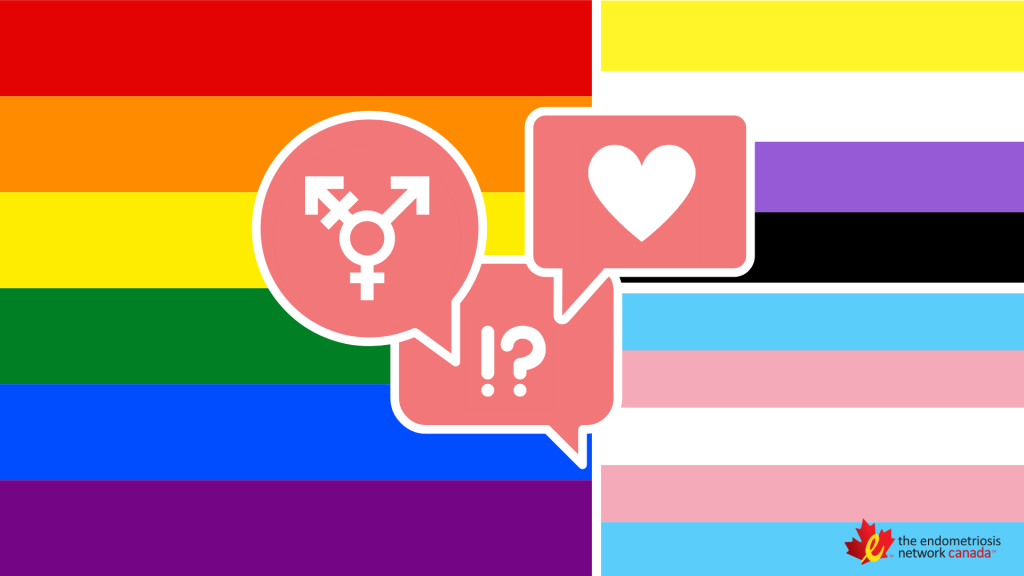
“Unlearning Takes Time” Members Told
In addition to policing their language, the ENC has also told its members how to think!
“Start thinking ‘people with endo,’ and be okay if someone calls you out when you use gendered language – unlearning takes time.” (3) The only thing that this group is unlearning is their critical thinking skills and self-respect. Cutesy emojis and charmingly colourful graphics do not make up for a loss of common sense. But, apparently, it takes only one man, or trans-man in this case, for over 6000 women to have to change how they refer to themselves.
“Women” is NOT a dirty word.
Since the Endometriosis Network Canada (ENC) has been discouraging its members from thinking of endometriosis as a “woman’s” disease, let’s unpack that, shall we? Within the international medical community, there have only been about 20 cases of endometriosis reported in men (adult human males). (4,5) These extremely rare cases have shed some light on the underlying pathology of the disease, which is a chronic inflammatory response exacerbated by estrogen. All reported cases in men had elevated estrogen levels.(6) Putting those 20 cases into perspective, comparatively to the 200 million cases of endometriosis in women (adult human females), men make up approximately 0.0000001% of the incidence of endometriosis cases.
So, why the demand not only for inclusive language, but also a reluctance to call endometriosis a “woman’s disease”? Gender ideologists and their allies will argue that “trans men and non-binary people can also have endo”. Fair enough; however, regardless of how those individuals identify, they have endometriosis precisely because they ARE female.
The catchy slogan of an endometriosis support group created exclusively for gender non-conforming individuals, “Endo Knows No Gendo” is true enough. That’s because endometriosis is completely dependent on your biology, and not your gender ideology. Biology doesn’t care how you self-identify. This is a medical community that has no business erasing established terminology.

Why force others to reject the reality of womanhood?
Amongst the over 6000 members of the Endometriosis Network Canada are approximately 10 members that self-identify as trans-men, non-binary, gender-fluid, or queer, equating to approximately 1 in 600 members, or 0.0017% of the group’s population. The other 99.9983% accept themselves as women. And yet, those who identify as ABF (anything but female) make up a grossly disproportionate number of group admins and moderators, also known as the gendered-language police.
The issue is that it’s not just about how they themselves are identified by others, but about how we, as natal women, are expected and compelled to identify ourselves as individuals and to address the group. One cannot help but wonder, ‘is this an effect of internalized misogyny from growing up in a culture where female oppression is the norm? Or, is this an effect of feminophobia so intense that some adult human females not only reject the reality of womanhood in themselves, but also in others that resemble themselves (i.e. other females)?’. (7)
“’We’re not asking for special treatment,’ A. says.” (8)
But really, they are, aren’t they? When someone demands that thousands of women change how they think, speak and interact with each other because it doesn’t suit that someone’s individual circumstances, they actually are asking for special treatment.
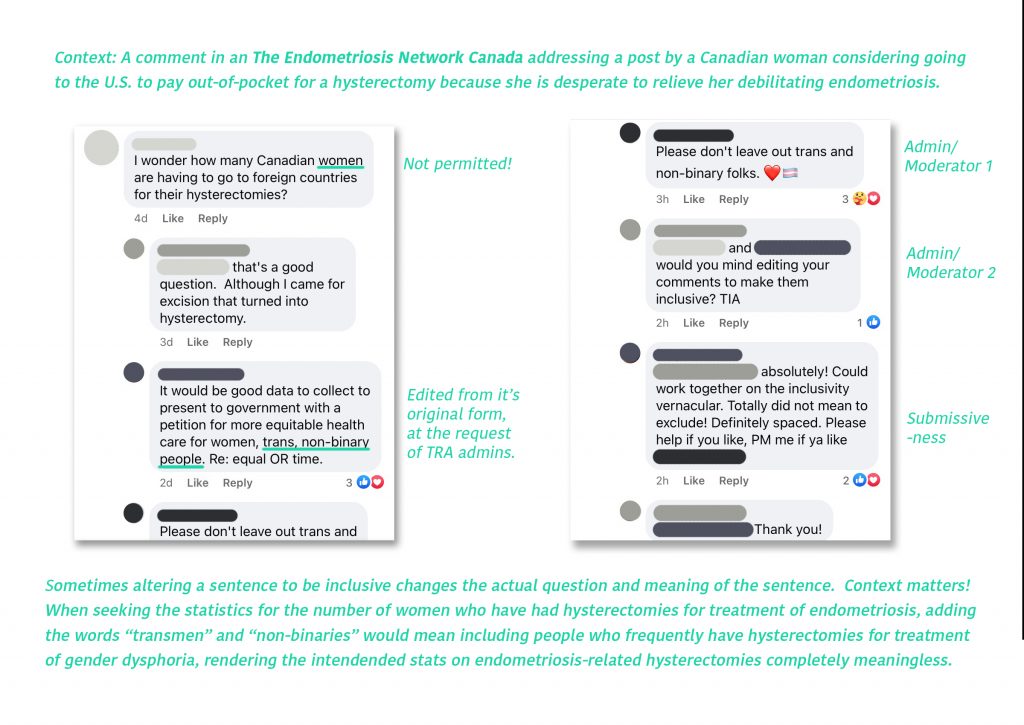
“A. would often experience severe gender dysphoria when they’d start cramping and bleeding.” (9)
If we removed the word “gender” from that sentence it would read the same as every other woman who suffers from the debilitating pain of endometriosis. Dysphoria is defined as a lack of ease; the opposite of euphoria.(10) Personally, I have often referred to my ovaries as “pure evil” due to the sensation of my own flesh tearing inside of me every time I ovulate. During the most desperately excruciating moments, when all attempts to quell the pain of ovulation or menstruation have failed, I have fantasized about taking a paring knife from the kitchen and removing the offending organs myself. That is dysphoria too! Who amongst us wouldn’t feel dysphoric when our own bodies turn against themselves, when we bleed internally causing peritonitis throughout our abdomen, as referred pain radiates throughout our body, or when we experience inflammation pressing on the sciatic nerves causing unbearable pain in our legs, or when we experience menstrual cramps severe enough that we vomit from the sheer pain?!
Endometriosis causes inflammation and bleeding as a response to estrogen, as though we are being poisoned by our own femaleness. Relating to the very bodies that are essentially poisoning us, interfering with our daily functioning, rendering us unable to meet the normal demands of life, career, and relationships is beyond distressing to all of us. So, why is one person’s dysphoria somehow more valid than another’s?
Examining the role of gender
Endometriosis affects people “assigned female at birth”, states the ENC directive on gendered language. They suggest using the words “people, person or patient” rather than “women/woman or girls(s)”.
A critical question, and a growing concern among gender critical feminists is – why would so many women pander to demands that tell them how to refer to themselves? In a word – misogyny. “Because it excludes males, females may no longer suggest that they are part of the sex class known as women. Our right to that word has been revoked by our oppressors.” (11)
Transmen have adopted the overlord role of their biologically male counterparts: that men will decide who and what we are allowed to be, as they always have.
The women in The Endometriosis Network Canada are primarily vulnerable women – they are chronically ill. Having endometriosis, a debilitating disease, costs its survivors more than just their health – it costs them their jobs from having to take time off due to intolerable pain and the side effects that accompany its treatments, and it costs them their personal relationships. Because endometriosis often results in infertility, many women experience rejection by their male partners, sometimes resulting in divorce. It is not uncommon for women with endometriosis to feel like a burden to those around them. And so, they make themselves as unproblematic, empathetic, kind, and flexible as possible. They feel a need for acceptance, and so will sometimes bend over backwards to gain approval. They place the feelings and demands of others above their own needs, even if it means giving up their own identities or safe spaces, whether physical or virtual. Acquiescing to these demands is an act of affirming the subordinate status of women. Those who perpetuate it amongst other women are traitors to the female sex, complicit in our erasure. Denying the language used to describe women is an act of denying our existence.
It is psychologically distressing, to say the least, to see that the language of pronouns is being policed and enforced across the board in liberal communities, non-profits, social media and professionally published media. Most disturbing of all is to see this trend sweeping across feminist groups, women’s health care and other support groups. Those who raise concerns or questions are automatically expelled from such groups, or worse, documented, doxed, harassed, accused of bigotry, de-platformed, fired from their jobs, and in rare cases, even assaulted.
Freedom of expression in Canada has become a disheartening joke. Gender ideology is advocated by male rights activists who seek to break down our boundaries, infiltrate our autonomous groups, and dismantle our sisterhood. How exhausting it is to see the same old misogyny, reinventing itself, disguising itself, pushing us back from whence we came.
References:
2. https://www.jogc.com/article/S1701-2163(19)30980-6/fulltext#seccesectitle0006
4. https://www.hindawi.com/journals/criog/2018/2083121/tab1/
5. https://extrapelvicnotrare.org/endometriosis-in-males/
6. https://extrapelvicnotrare.org/endometriosis-in-males/
7. https://www.lexico.com/definition/feminophobia
10. https://www.lexico.com/definition/dysphoria
11. Hypotaxis, “On Language and Erasure” in Female Erasure P, ed. Ruth Barrett (Pacific Palisades, CA: Tidal Time Publishing, 2016) pg. 177
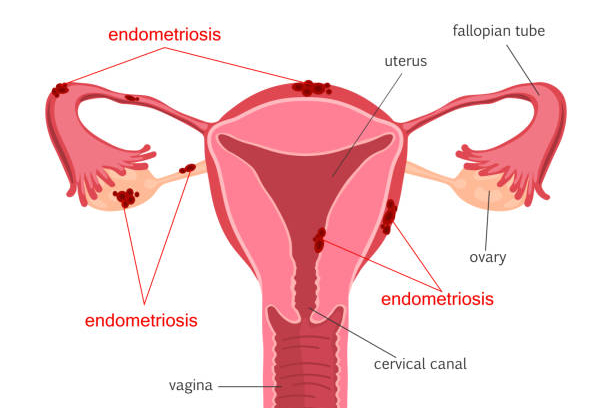


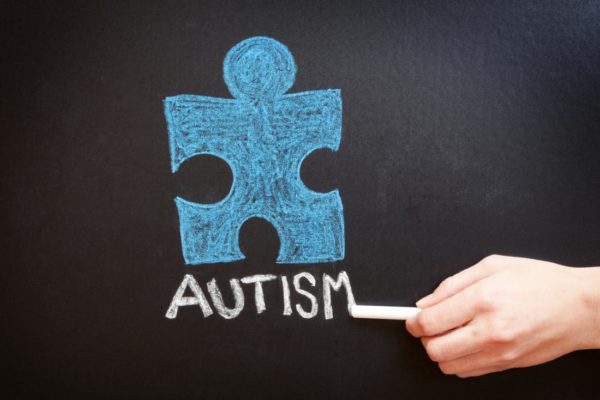
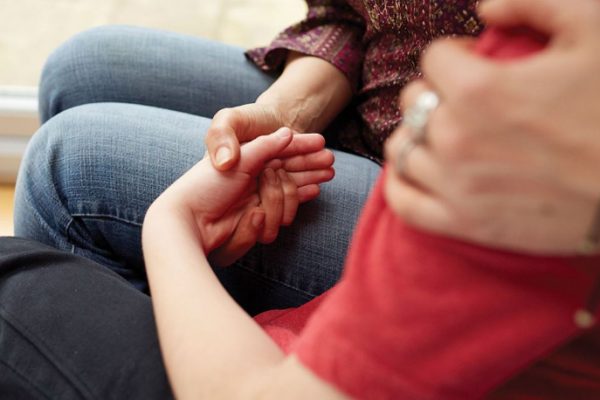
I support all organizations that seek to improve equity in language. Defining endo as a “woman’s disease” is narrow-minded. It is a good thing that language is adapting and growing to include and better represent trans and non-binary. Ciswoman are not negatively affected by a greater inclusion of these marginalized groups.
Thank you for your comment. There is a difference, however, in an organization deciding to use certain terms to describe something, and forcing others to use those terms as well. Would you not agree?
Thank you very much for posting this article. It’s frightening how women are being rapidly censored (or even erased!) from all sorts of important matters in Canada, especially within the past year.
When Transmen started actig as woman hatters? Why should we erease ourselves to please them? I fought for they right to be themselves, to start families for not being discriminated but I refusse to hide myself and call myself uterocrapword to make them feel beter. I’m a woman and should be allowed to call myself one and be proud of it as I defend a transmen or transwoman have right (who I support) to call themselves trans and be proud of it. Biological sex exist, variety o genders exist and both deserve their amount of comprension and respect. Being a trans men or a trans woman has it’s share of crap who desserves attention but ot won’t be solved ereasing a whole group.
Thank you for your time to write this.
One thing thats jumping out to me is when you mentioned, “why is one persons dysphoria more valid than anouther?”
nobody is comparing dysphoria’s, but more establishing there is a gender dysphoria that can be helped with adjusting to more inclusive language.
is there anything we (the endo community ) can do to affirm/ease your general dysphoria ? I would love action steps on how the endo commuity could help.
side note:
By it being called a whole body inflammatory disease, and not labeling it with uterus and women disease will allow more doctors to treat it.
GYN and Reproductive specialist are not endometriosis specialists.
personally both gyn and reproductive specilists have done more harm than good.
Functional MD and nateopathic ND medicine is where its at, unfortunely most is not covered by insurance here in the states.